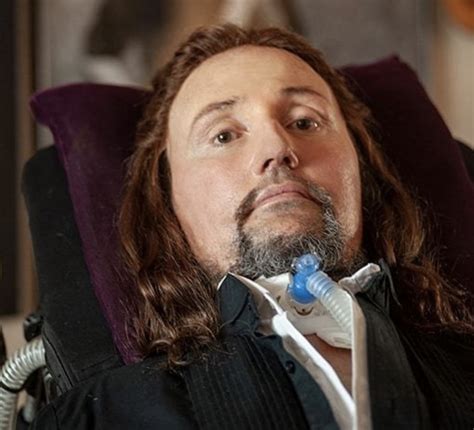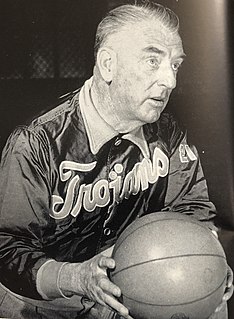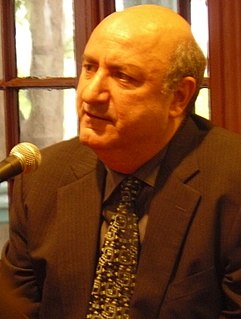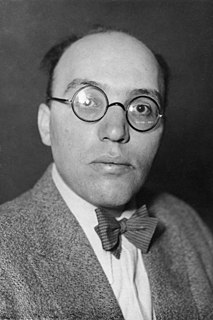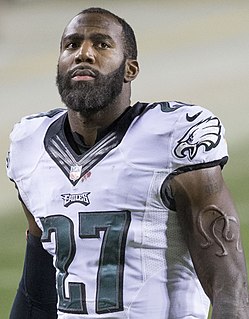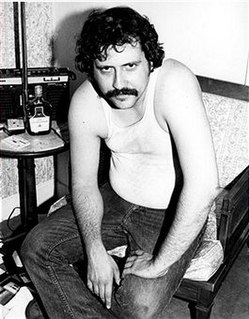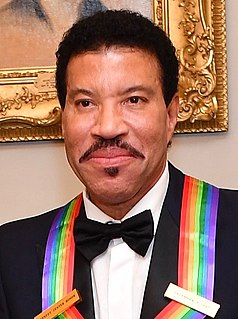A Quote by Tracy Chapman
The way popular music is categorized and formatted cuts down on everyone's options. And although people don't talk about it, there are a lot of issues of race determining musical categories of what's rock, R&B, or even folk. It ends up restricting creativity.
Related Quotes
I'm a member of the Recording Academy and I see the way it works and even with the whole voting process it's broken down into specific categories. There are Pop categories and Dance and Rock and Metal and Film and Score and everything else. Basically when you are voting you are urged not to vote in the category that you don't know anything about.
I think what makes the Byrds stand up all these years is the basis in folk music. Folk music, being a timeless art form, is the foundation of the Byrds. We were all from a folk background. We considered ourselves folk singers even when we strapped on electric instruments and dabbled in different things.
Good rock 'n' roll is something that makes you feel alive. It's something that's human, and I think that most music today isn't. ... To me good rock 'n' roll also encompasses other things, like Hank Williams and Charlie Mingus and a lot of things that aren't strictly defined as rock 'n' roll. Rock 'n' roll is an attitude, it's not a musical form of a strict sort. It's a way of doing things, of approaching things. Writing can be rock 'n' roll, or a movie can be rock 'n' roll. It's a way of living your life.

